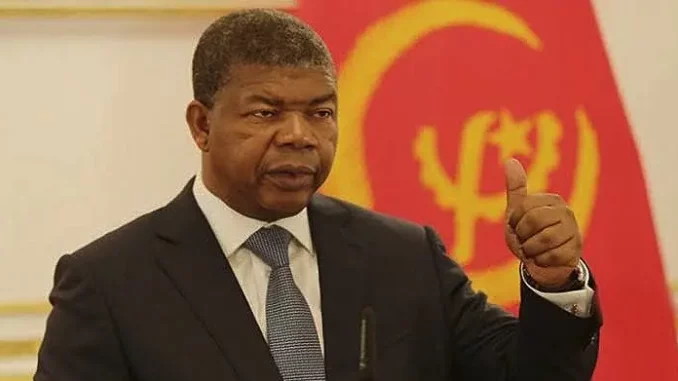
The Angolan president, João Lourenço, expressed confidence in the stabilization of the Central African Republic and Northern Mozambique, in a speech on the various conflicts in the continent at the African Union (AU) summit.
In his speech, the Angolan head of state spoke about several conflicts, stressing that some are closer to resolution, as is the case of Mozambique, whose northernmost province, Cabo Delgado, has been the scene of terrorist attacks by Islamic extremists, a situation that has only begun to be resolved with the intervention of African forces, including a large contingent from Rwanda.
“The current panorama in Mozambique is considerably calmer and more stable, due to the prompt reaction of the SADC (Southern African Development Community), which immediately activated the SADC Joint Force in State of Alert, which acts in coordination with the Mozambican Armed Forces,” said João Lourenço.
Mozambique, he said, has been “confronted with violent actions on a large scale, triggered by extremist armed groups, aiming to impose their ideals by force, thus delaying the development prospects of this Southern African country.
About the Central African Republic, a country that has been plunged into a civil war and that has Portuguese military deployed in the international force, the Angolan President stressed the role of Luanda in the most recent pacification attempt.
“We carried out a set of initiatives, in order to, among others, convince the leaderships of the various armed groups that operate in the country, to abandon the rebellion and establish residence outside the Central African territory,” he explained.
The mini-summit on peace and security in the eastern region of the DRC brought together at the same table, among others, the Congolese president, Félix Tshisekedi, and the Rwandan president, Paul Kagame, two heads of state who have been blaming each other for the conflict.
In the joint statement, the countries “reiterated the need to promote internal political and diplomatic dialogue to find a lasting solution to the security crisis in the entire East region” of DR Congo.
